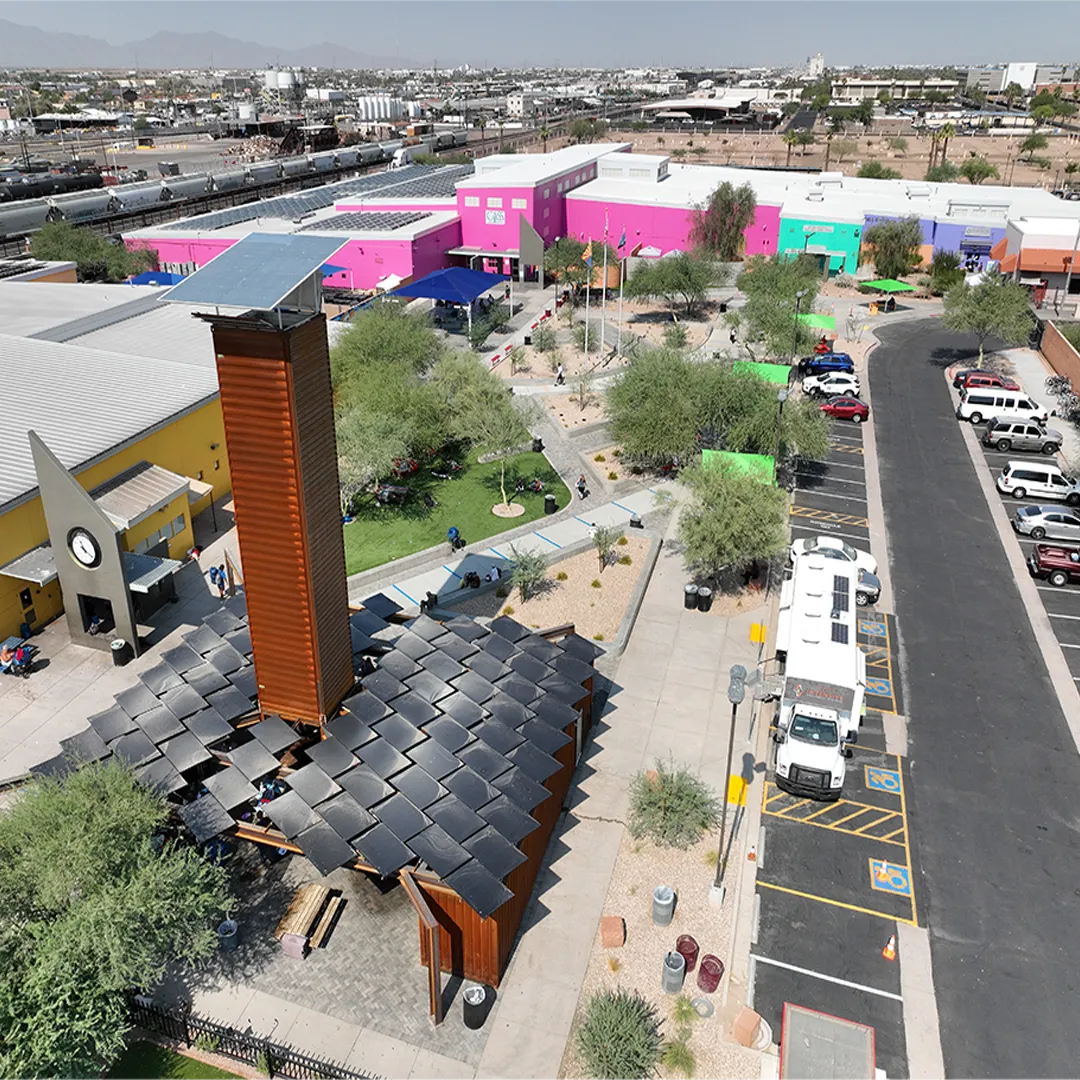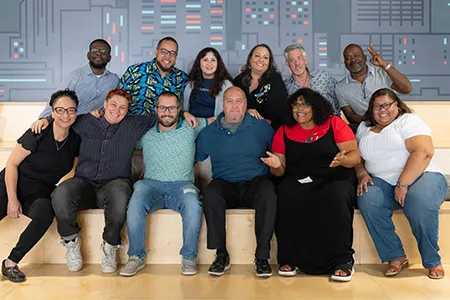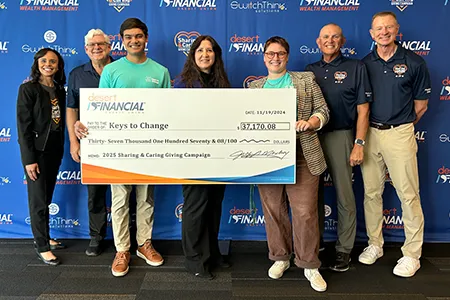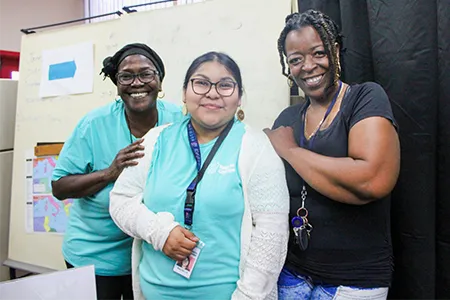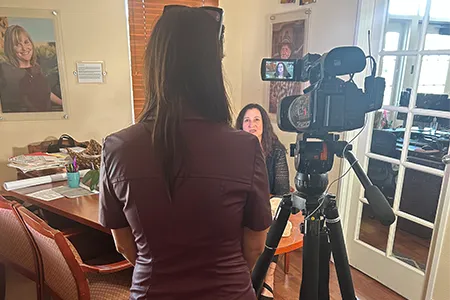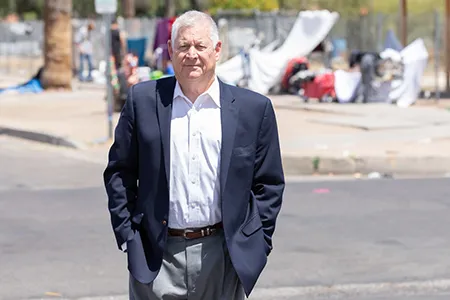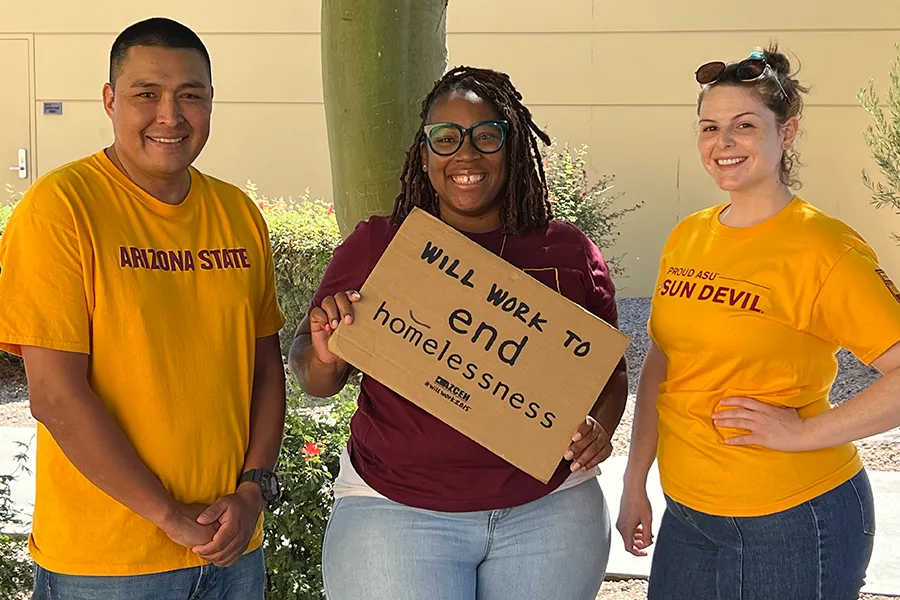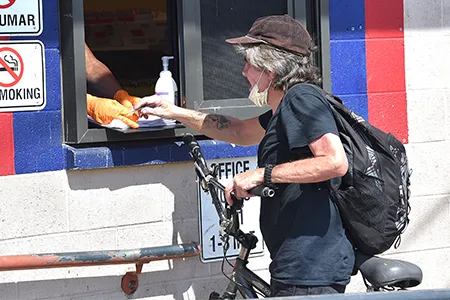About Keys to Change
The Journey Home
Keys to Change provides resources to homeless adults to foster dignity, promote self-determination, and knock down barriers to unlock the journey home.
Through street outreach, personalized engagement, service connections, and individualized housing plans, Keys to Change programs take a “whole human” and “housing first” approach to ending homelessness.
As the owner/operator of Key Campus in downtown Phoenix, Keys to Change facilitates coordination among 13 independent agencies offering a holistic range of services to individuals experiencing or at risk of homelessness in Maricopa County, serving over 1,000 individuals daily.
Working together.
Ending homelessness.
Our Mission
Using the power of collaboration to create solutions to end homelessness.
Stay Informed
DEI Statement
Keys to Change employs, engages, and serves an incredibly diverse community, with the goal of including all voices in pursuit of a more equitable world. Keys to Change is committed to fostering, cultivating, and preserving a culture of diversity, equity, and inclusion.
This commitment moves us to embrace our employees’, supporters’, and clients’ differences in age, color, disability, ethnicity, family or marital status, gender identity or expression, language, national origin, physical and mental ability, political affiliation, race, religion, sexual orientation, socio-economic status, veteran status, and other characteristics that make our neighbors unique.
